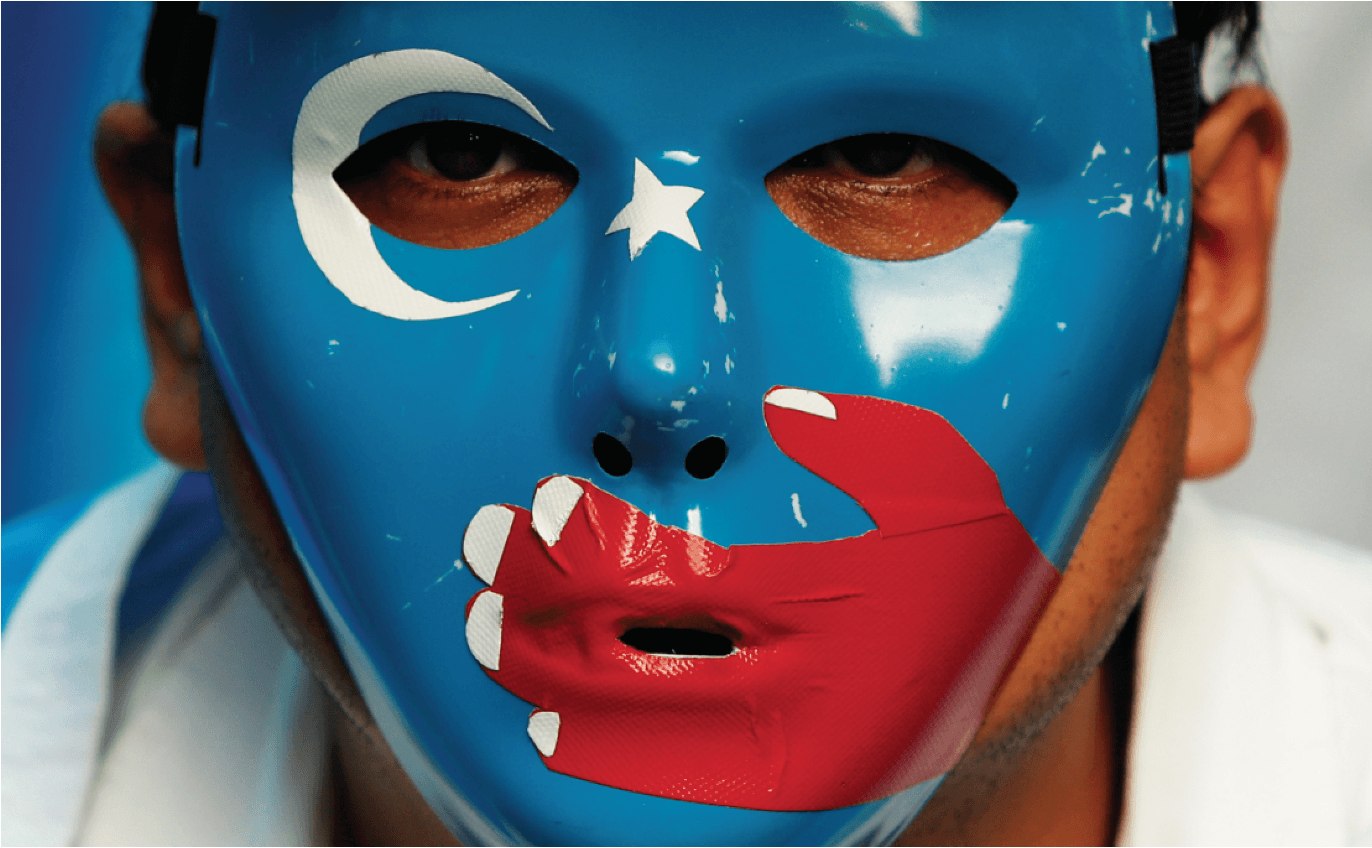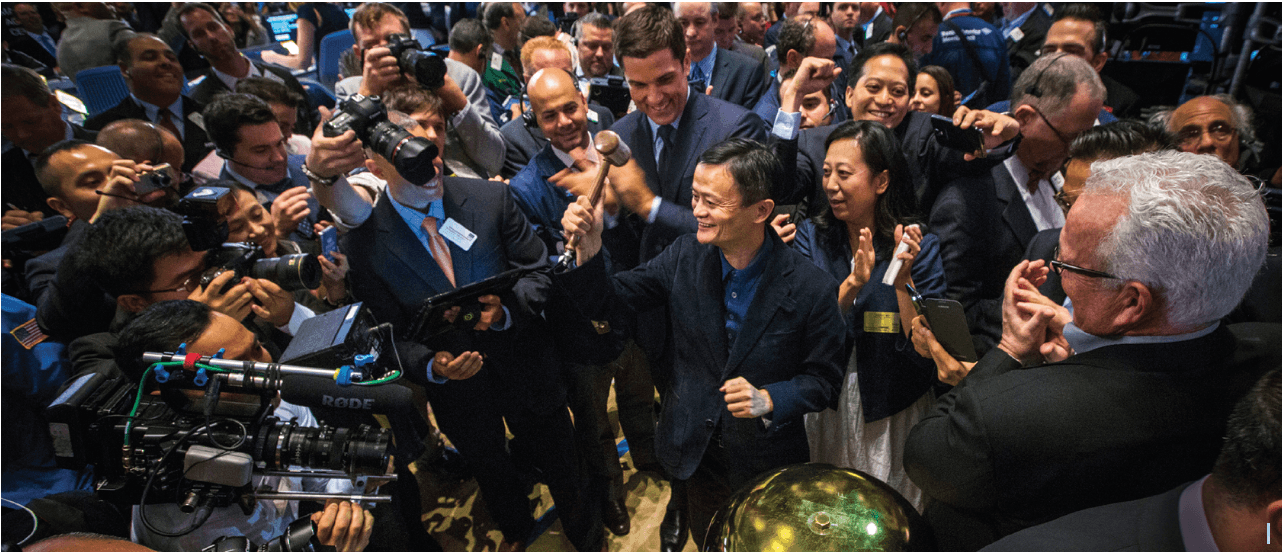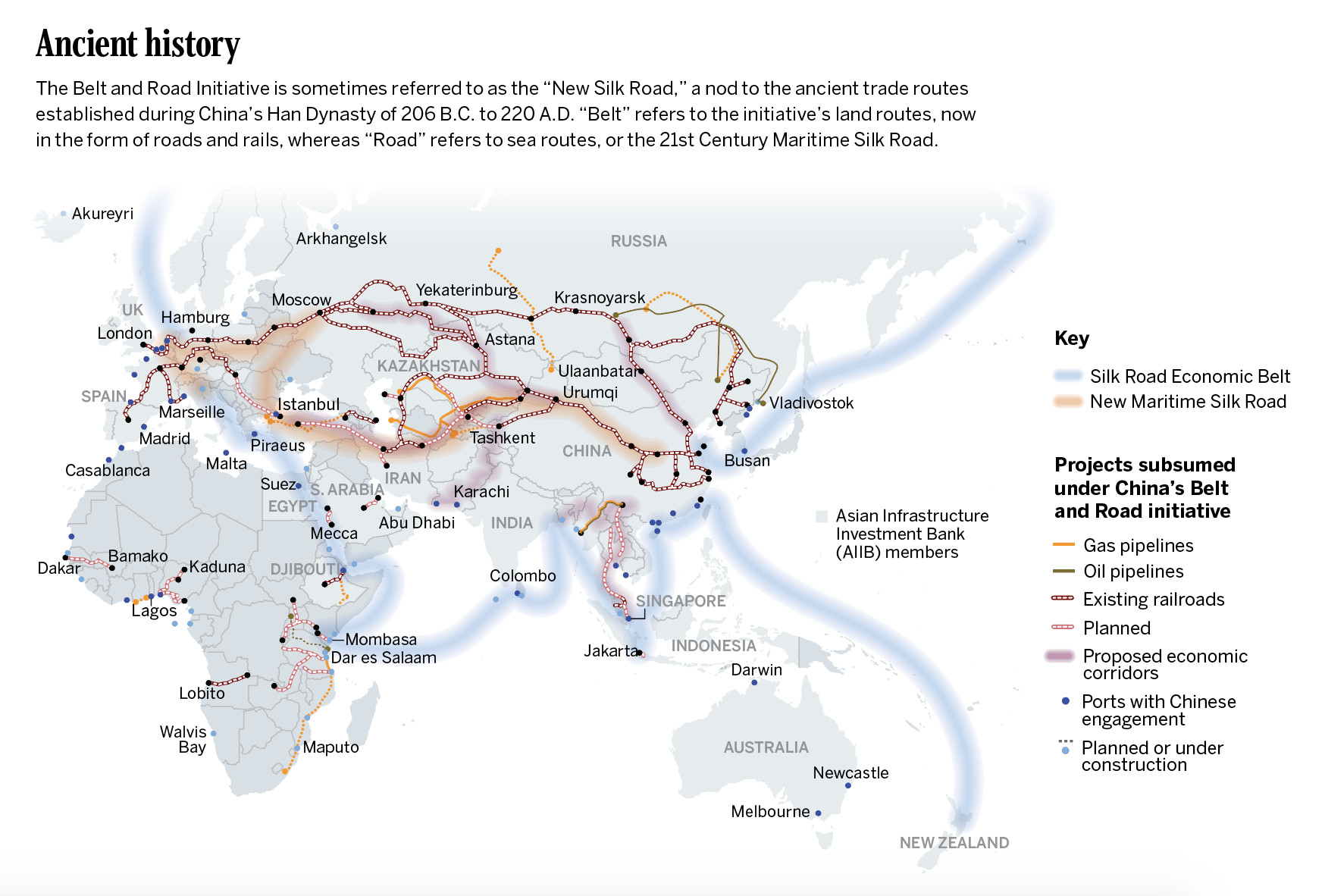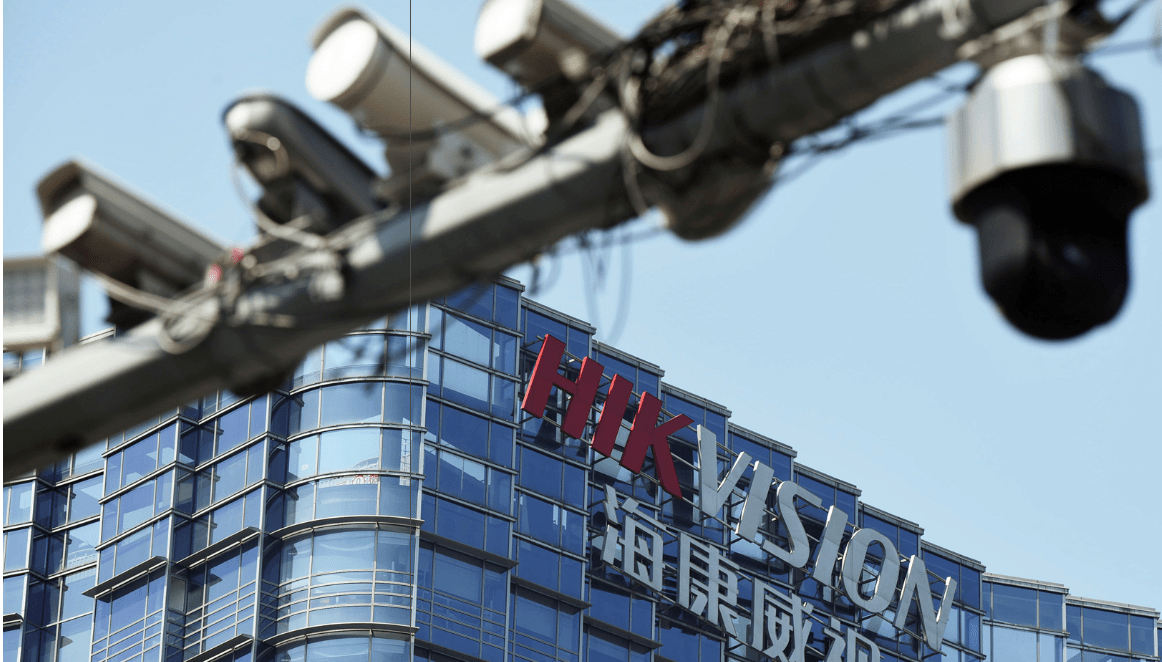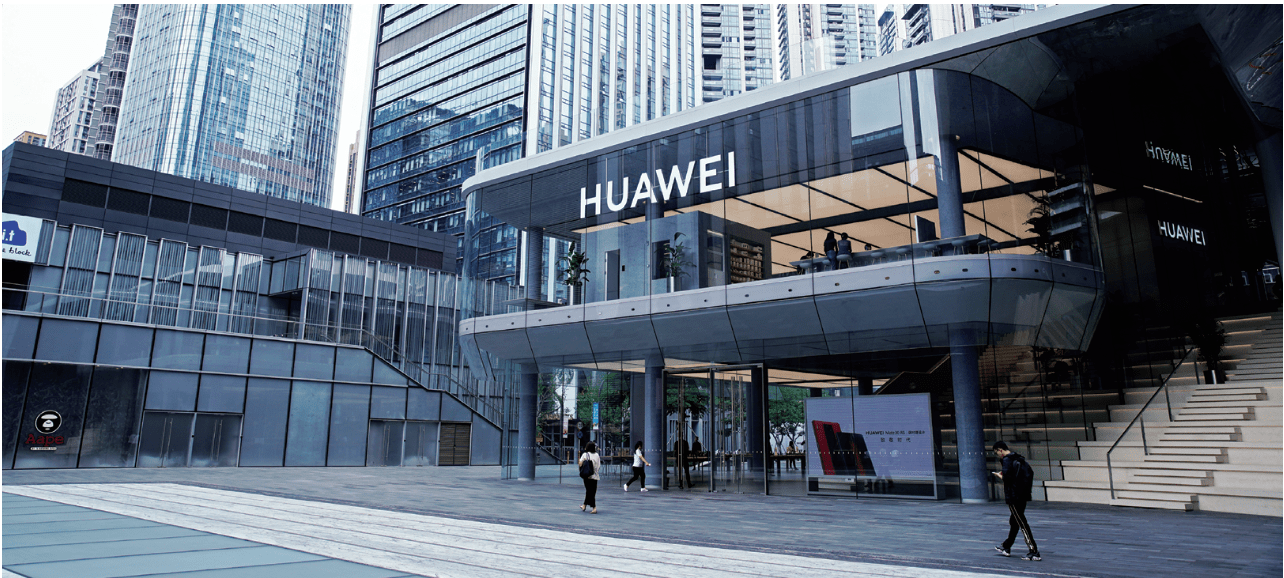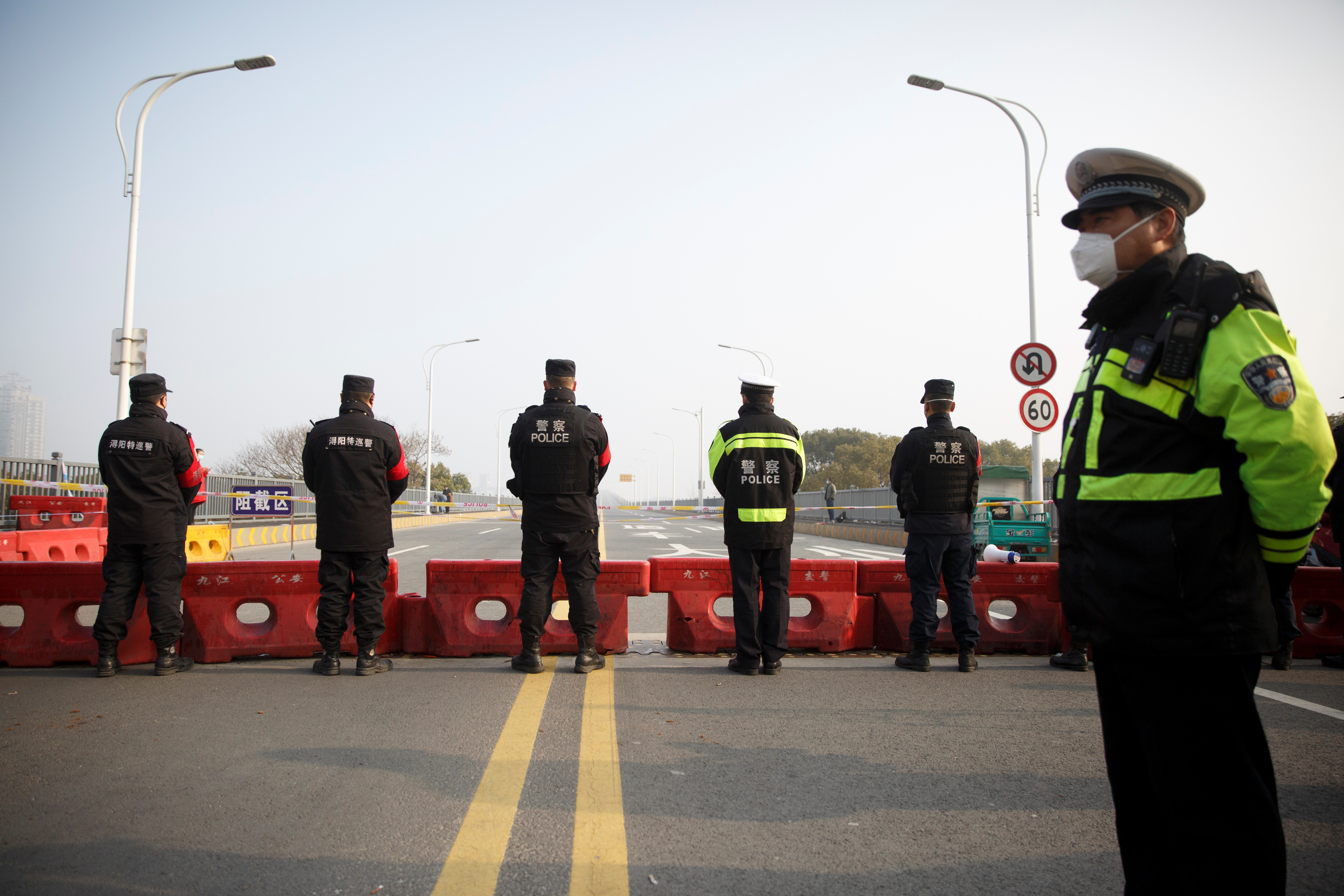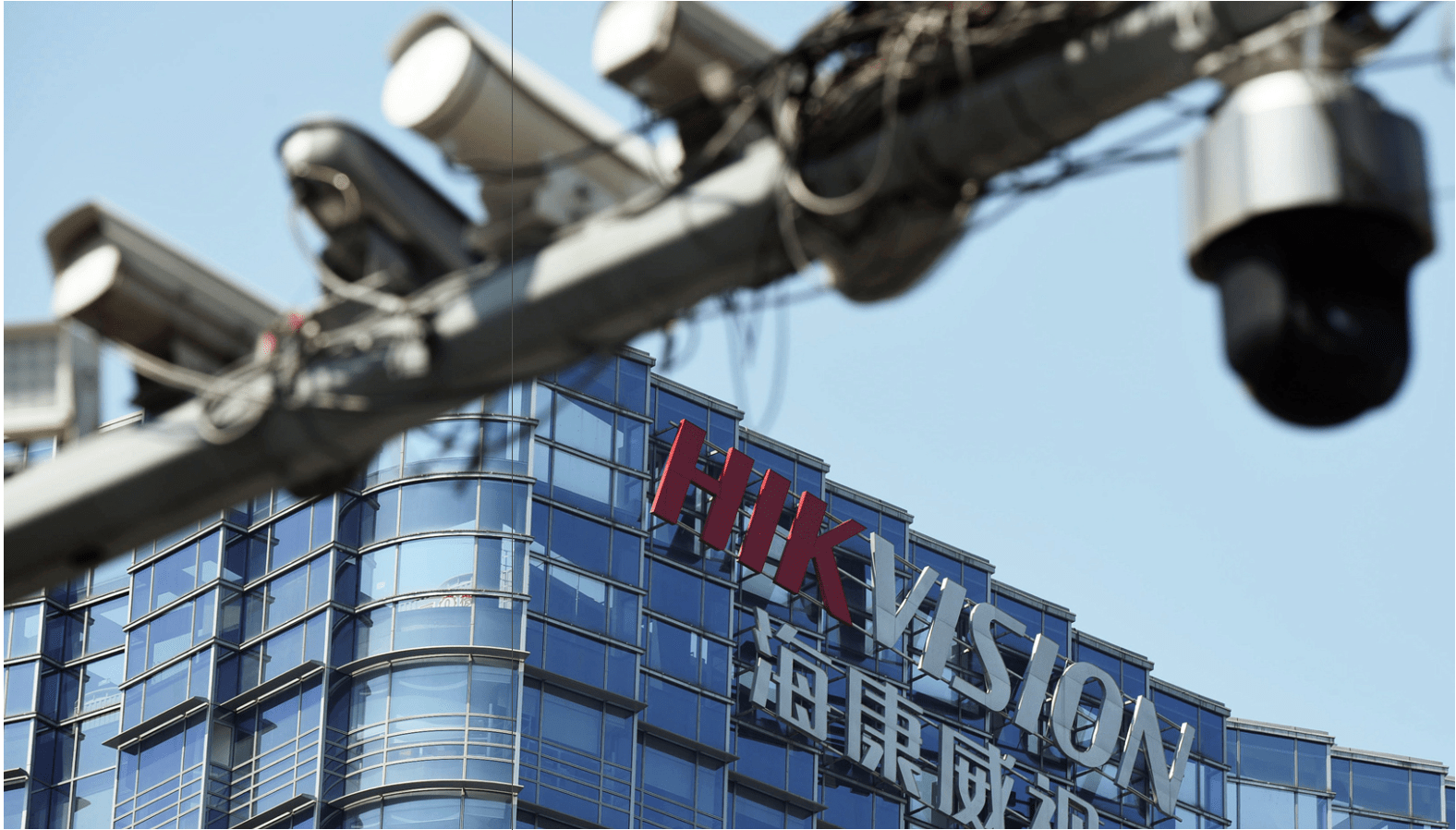China’s Stealth War
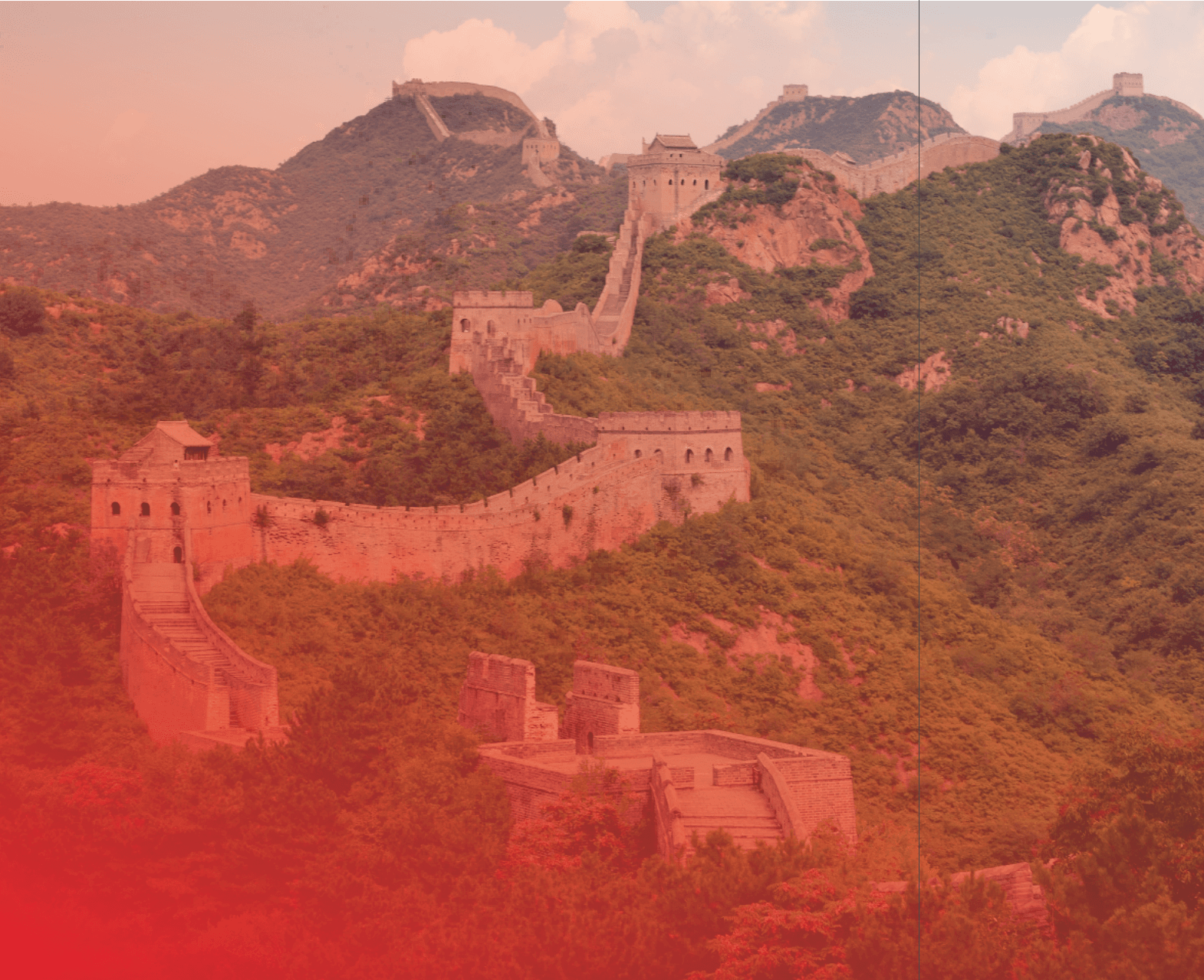
China is investing billions to hold sway in Third World countries, perfecting and exporting surveillance technology, and brutally persecuting its citizens at home and abroad—all in a bid to become the next global superpower. This special section of Luckbox explores the growing China threat.
When Deng Xiaoping rose to power in 1978, the Chinese Communist Party (CCP) recalibrated its attitude toward trade and capitalism. The country was open to receiving foreign investment and participated in the growing global market, but only on its terms. Foreign money could come into China but had to remain there; profits could not be transferred overseas without a great deal of difficulty. China also allowed its citizens to participate in certain Western practices: they could start businesses, create wealth, and wear baseball caps instead of Mao caps. But Beijing kept strict controls over everything else, creating in no uncertain terms a totalitarian state. There is only one political party with power in China: the CCP. It controls all facets of life in China. It says there shall be no free speech. No freedom of religion. No freedom of the press. Every business in China must, by law, have a member of the CCP on its board.
In May 1989, there was a brief glimmer of hope that a significant segment of the Chinese population wanted democratic reforms. For three weeks, as many as one million people—students, workers, civil rights leaders—gathered to stage pro-democracy rallies in Beijing’s Tiananmen Square.
On June 4, the military was called to silence the protesters. A massacre ensued. Reports of the number of protesters slaughtered have varied, ranging from a few hundred, according to the CCP, to as many as ten thousand, per a British diplomatic cable. An estimated ten thousand were arrested. On June 5, one of the most dramatic moments of the late 20th century occurred: a man holding two shopping bags stood in front of an approaching Chinese tank, blocking its path in a life-or-death game of chicken. The identity of the “tank man” remains a mystery. While millions watched this dramatic showdown all over the globe, to most Chinese citizens, the heroic incident itself remains unknown; images and references to it not only are banned in China but are actively hunted down by sophisticated algorithm-powered censors and thousands of social media monitors.
The power of capital and free trade has made China rich. It has lifted hundreds of millions up from poverty. It has also made many investors and business owners outside China untold billions of dollars. But it hasn’t made China democratic or increased civil liberties. These foundational concepts of the United States and the West are regarded as an existential threat to the CCP—so much so that the party even put it in writing… “Western freedom, democracy, and human rights are universal and eternal”—is an attack on the foundations of the CCP (warning) against “Promoting Western Constitutional Democracy,” which it describes as “an attempt to undermine the current leadership and the socialism with Chinese characteristics system of governance.
Stopping China’s unrestricted war will take single-minded focus across the United States, and with our allies across the globe—the future of freedom is at stake.
—From Stealth War: How China Took Over While America’s Elite Slept, byBrig. Gen. Robert Spalding (U.S. Air Force, Retired), 2019
